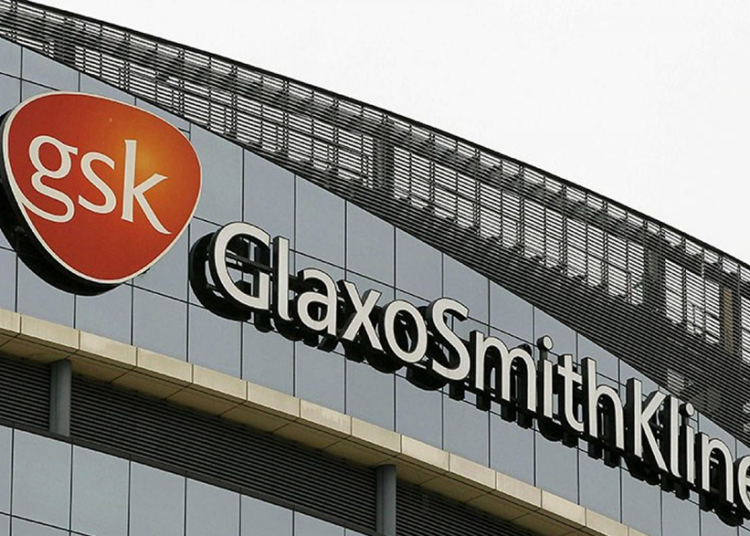Following the recent announcement of GlaxoSmithKline’s (GSK) departure from the Nigerian pharmaceutical market, there has been a notable surge in the prices of GSK medications, with increases reported to be as high as 1000 per cent.
The significant rise in the cost of these medicines has sparked widespread concern among Nigerians, many of whom have expressed their frustrations on social media platforms.
The escalating prices can be attributed to a combination of factors: the withdrawal of GSK, a major player in the pharmaceutical industry, and the burgeoning rate of inflation in Nigeria.
According to the National Bureau of Statistics (NBS), Nigeria’s inflation rate as of October 2023 stood at 27.33 per cent, the highest recorded since August 2005.
This persistent upward trend in inflation has been a key driver in the rising costs of various goods and services, including pharmaceutical products.
The compounded impact of Nigeria’s increasing inflation rate and GSK’s exit from the local market has had a substantial effect on the affordability and availability of medicines, posing significant challenges for healthcare in the country.
On August 3, GlaxoSmithKline (GSK), a prominent UK-based pharmaceutical company, communicated to its Nigerian branch, GSK Consumer Nigeria Plc, its decision to discontinue the direct commercialization of its prescription medicines and vaccines in Nigeria.
The company announced a strategic shift towards utilising a third-party direct distribution model for its pharmaceutical products within the country.
GSK attributed this significant change to a range of operational challenges. Primary among these was the difficulty in maintaining a steady supply of GSK drugs in the Nigerian market.
Additionally, the company faced considerable hurdles due to the scarcity of foreign exchange, which adversely affected its capability to manage and settle foreign currency-denominated trade payables with its product suppliers.
Furthermore, GSK identified several external factors influencing its decision.
These included the prevailing insecurity in the region, the government’s decision to remove fuel subsidies, and the overall high cost of conducting business in Nigeria.
These elements collectively contributed to GSK’s strategic realignment in the Nigerian pharmaceutical market.
Following GlaxoSmithKline’s (GSK) announcement, traders of pharmaceutical products report that there has been a noticeable scarcity of GSK drugs across the country.
A recent study has also observed significant challenges faced by community pharmacies, particularly in Lagos, in procuring various GSK medicines, attributing this difficulty primarily to the decreased availability of these drugs.
One pharmacist stated that, “Prices are soaring because of the major issue of the foreign exchange rate, then companies that left Nigeria, for instance, GSK, and they control most of the market products, something Nigerians are not really aware of. We also have companies planning to leave so there will be more shortage of medicines leading to price increase.”
Another added that, “The scarcity of these medicines creates an increase in demand which leads to an increase in prices of medicines. If these companies left the country and directly imported medicines, they wouldn’t be this expensive, but based on exchange rates and certain government policies on importation, that’s why they are expensive.”
We’ve got the edge. Get real-time reports, breaking scoops, and exclusive angles delivered straight to your phone. Don’t settle for stale news. Join LEADERSHIP NEWS on WhatsApp for 24/7 updates →
Join Our WhatsApp Channel










